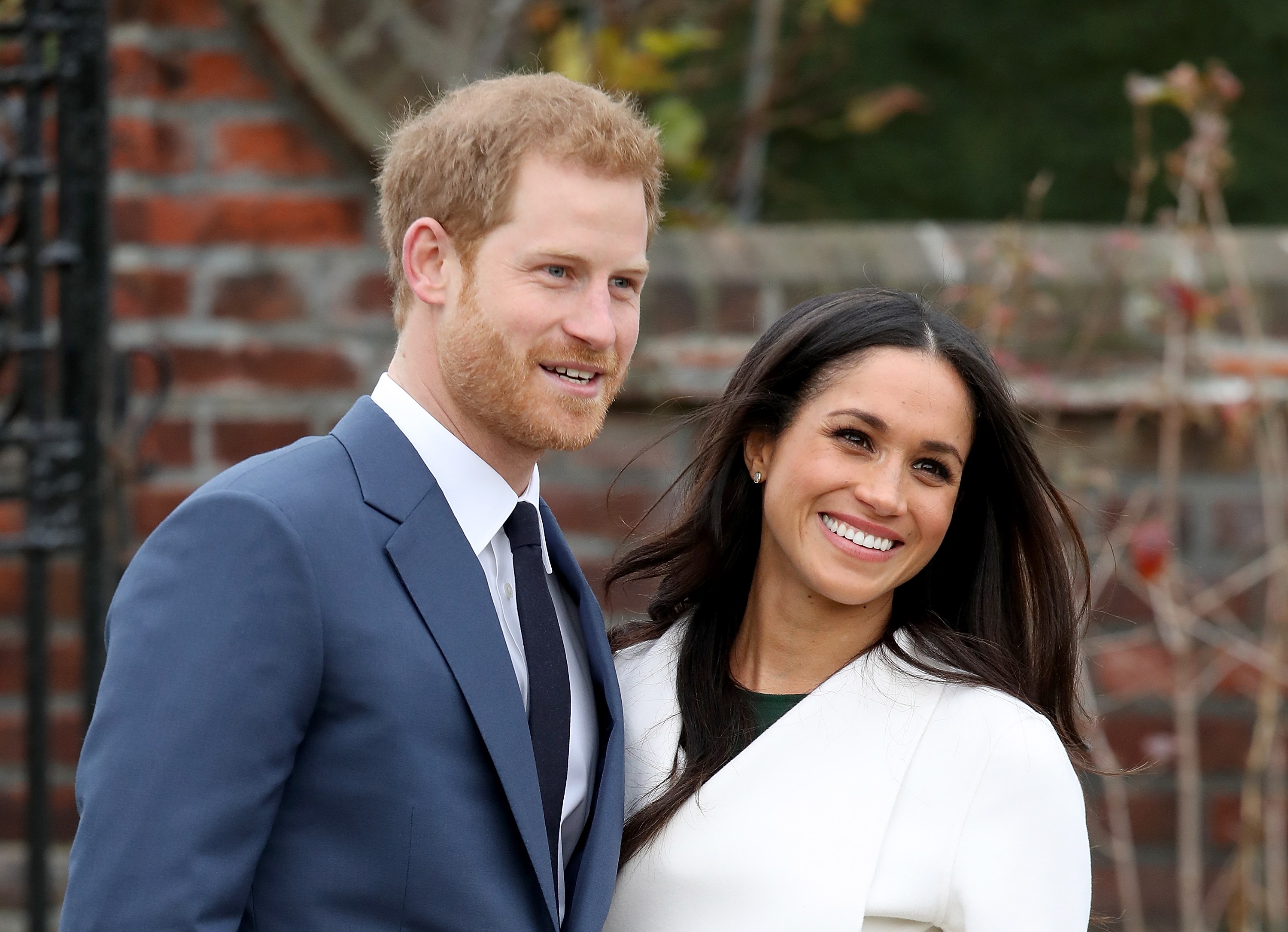The Archaic Reason Why Meghan Markle's Daughters Wouldn't Inherit Her Title

Meghan Markle was bestowed the title Duchess of Sussex by Queen Elizabeth II on her wedding day to Prince Harry. She’s the first woman to ever hold that title, and according to People, she’ll be the last—unless some major change happens ASAP.
The magazine reports that if Markle and Prince Harry have any daughters together, they won’t be able to call themselves Duchesses of Sussex (say that five times fast), nor will they get to carry on Markle’s Scottish title of Countess of Dumbarton or her Northern Irish moniker, Baroness Kilkeel. Any sons they have together, however, will be able to inherit their father’s titles of Duke of Sussex, Earl of Dumbarton, and Baron Kilkeel. The reason why, you ask? An ancient (and archaic) peerage law that says only male children can inherit titles. The British news site Express confirms this, as well.
The ancient peerage laws governing family inheritances have been changed before, however. Most recently, Queen Elizabeth introduced the Succession to the Crown Act in 2013, which rules that the next king or queen of the U.K. will be decided by birth order only, rather than biological sex. As a result, Princess Charlotte is able to retain her position as fourth in line to the throne, rather than dropping down to fifth upon the birth of her younger brother, Prince Louis.
Unfortunately, the 2013 ordinance applies only to the direct line to the throne, so it would take yet another law change to allow Prince Harry and Markle’s daughters to automatically inherit their titles. Unless the monarch at that point assigns them any additional honorary titles, their children will be called Lords and Ladies of Mountbatten-Windsor, according to The Independent. Meanwhile, because Prince William is the oldest son of the Prince of Wales, his children will all be titled Princes and Princesses, due to yet another recent rule tweak by Queen Elizabeth.
These peerage laws, which give boys priority over their sisters no matter their birth order, have been around since the 17th century, and apply to U.K. citizens well beyond the royal family. Just last year, for example, the eldest daughter of a baron was denied her claim to her late father’s title and 6,000 acres of land. According to The Telegraph, since Robin Neville, the 10th Baron Braybrooke, had seven daughters and no sons, his title went instead to a distant male cousin.
Related Stories:
Queen Elizabeth II Just Gifted Prince Harry and Meghan Markle the Vacation House of Dreams
Meghan Markle and Prince Harry Are Reportedly Heading to This “Royal Retreat” on Their Honeymoon
